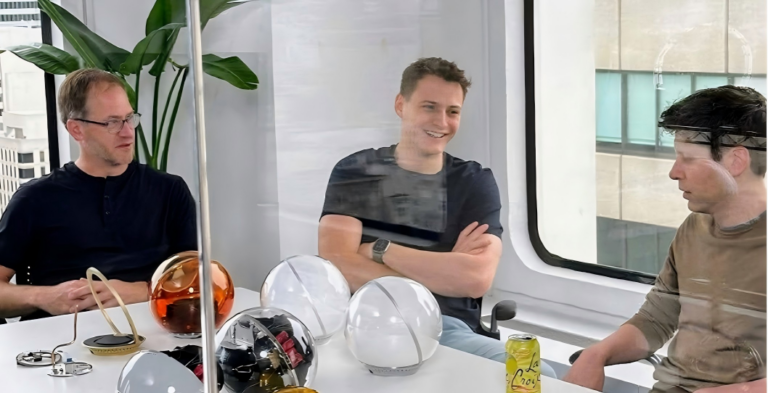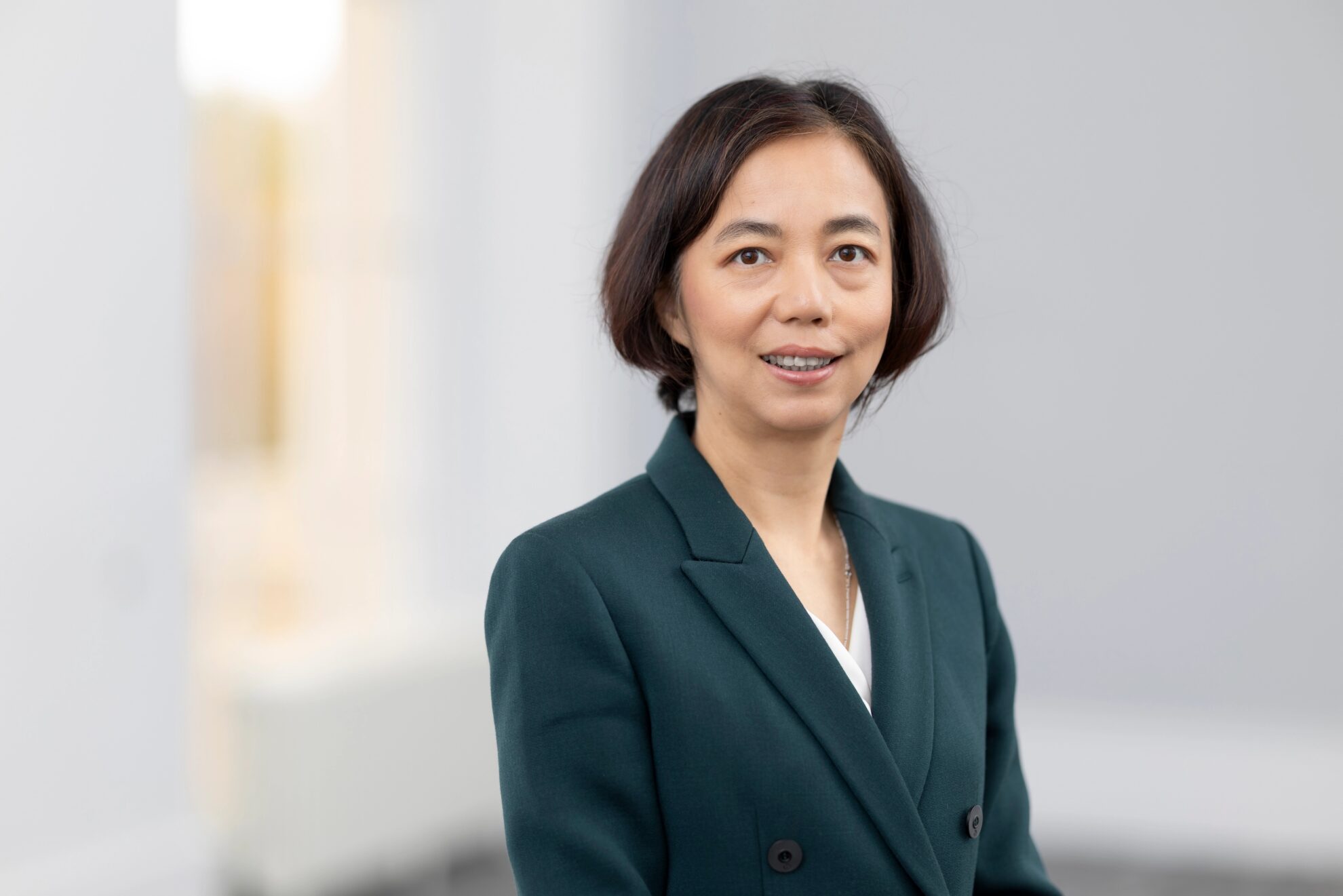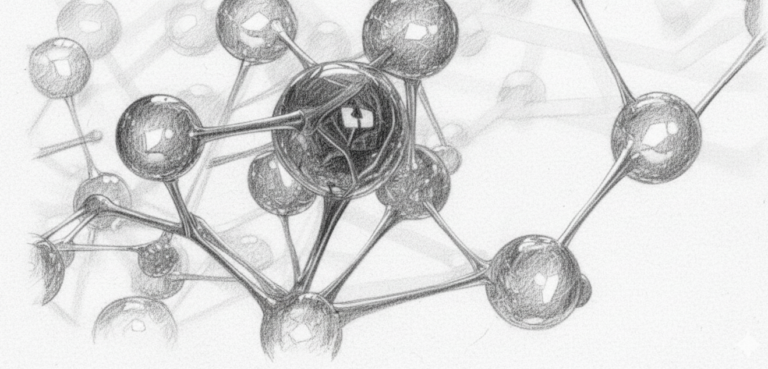Command Palette
Search for a command to run...
AI Replaced the Faces of Tsai Ing-wen and Hundreds of Other Celebrities; Taiwanese Internet Celebrity Xiaoyu Was Arrested
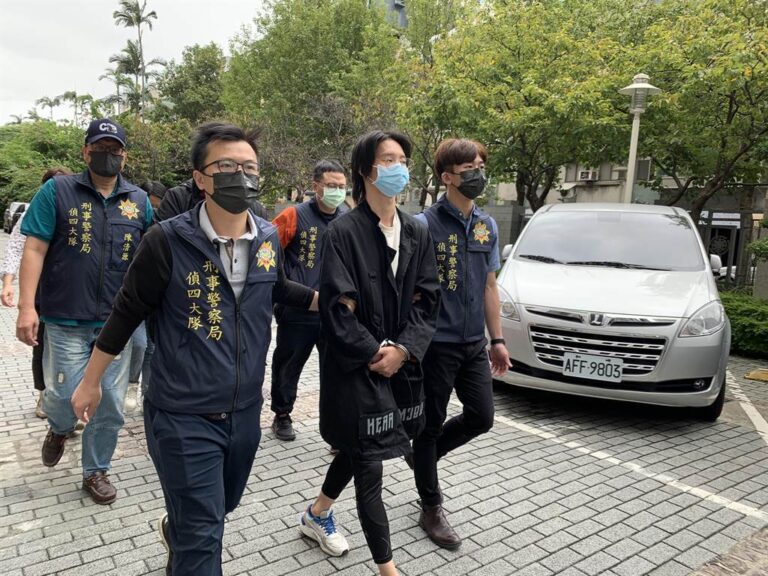
Last month, Taiwan's well-known YouTube celebrity "Xiao Yu" was formally arrested on suspicion of distributing obscene materials and defamation and was transferred to the New Taipei District Prosecutor's Office for investigation.
The police announced thatXiaoyu and other suspects used DeepFake's AI face-changing technology to recruit more than 8,000 members, making illegal profits of approximately NT$11 million (approximately RMB 2.5 million). There were more than a hundred victims of face-changing, all of whom were celebrities in the Internet, film and television, and political circles.
Xiaoyu changes her face, Xiaoying looks cold
Xiaoyu was arrested this time because she was reported by the public on the island for selling face-changing videos in a Telegram group. Among these DeepFake face-changing videos, Tsai Ing-wen, the leader of the Taiwan region, was also included.
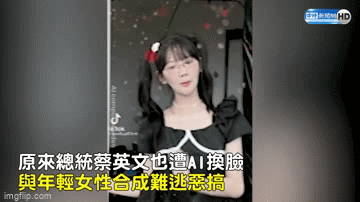
Xiaoyu (real name Zhu Yuchen), born in 1995, graduated from St. Mary's Medical and Management College in Yilan County, Taiwan Province. She was a trainee of the Taiwanese idol group TPI. She posted her first video on YouTube in 2016. The initial content was orthodox, mostly unboxing reviews.
Later, in order to cater to the teenage audience, the style of painting gradually became nonsensical, the language became sharp and bold, and the unboxing videos shot became more and more bizarre and even had no bottom line.
Xiaoyu has 1.2 million YouTube fans and nearly 600 million views, making her a top internet celebrity in Taiwan.But after a video in April last year caused serious social controversy, Xiaoyu's account has been inactive for several months.
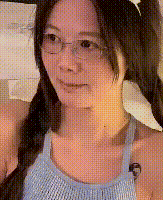
During the face-changing controversy, Tsai Ing-wen also posted on social media:"The use of technology is to create a better life for mankind, not to harm others. These victims may be people you and I care about, or our relatives and friends. We cannot sit idly by and watch this happen."And urged Taiwan’s legal department to update legal policies regarding AI face-changing technology.
Global AI Face-Swapping Legislation/Case Studies
- China
According to Article 1019 of the Civil Code of the People's Republic of China: "No organization or individual may infringe upon the portrait rights of others by means of vilification, defacement, or forgery using technical information means." (Part 4 Personal Rights Chapter 4 Portrait Rights)
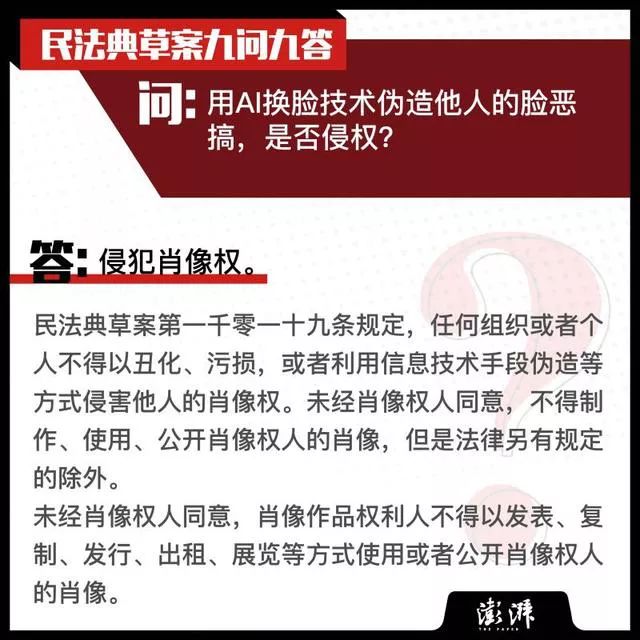
- USA
In addition to the U.S. Senate Homeland Security and Governmental Affairs Committee, which is currently promoting a bill targeting DeepFake technology, U.S. states have also successively introduced relevant state-level laws.
Texas and California introduced "Prohibit the release of deceptive videos during elections to interfere with voter voting"regulations.
- Japan
Japan has not yet introduced formal regulations to restrict the spread of DeepFake-type content, but recently ruled on Japan's first AI face-changing crime case.
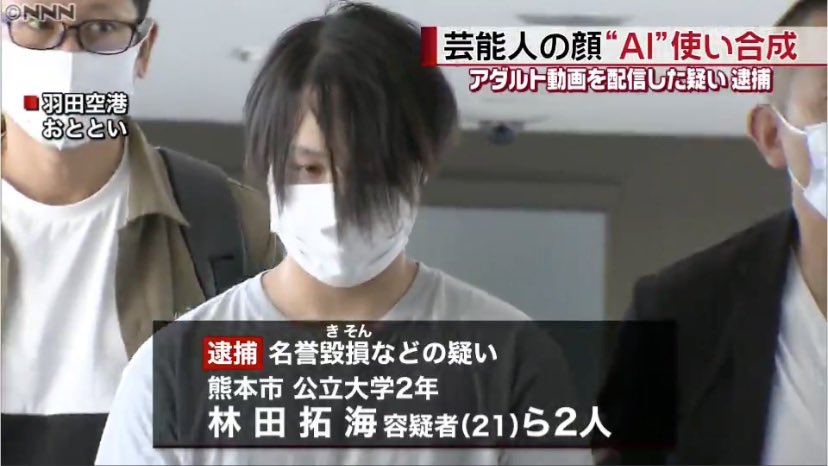
Last year, Takumi Hayashida, a second-year student at Kumamoto University, was arrested for producing and disseminating AI face-changing videos. From December 2019 to July 2020, Takumi Hayashida uploaded several self-made indecent videos of two female artists using AI face-changing on a paid website he operated, and was sued by the companies involved.
In September of this year, the Tokyo District Court found the defendant Takumi Hayashida guilty of violating the Copyright Law and defamation, and sentenced him to two years' detention (suspended for three years) and a fine of 1 million yen (approximately RMB 50,000).'
postscript
As the global demand for the application of AI technology continues to grow, the number of security and privacy issues exposed is also increasing, including some serious crimes with far-reaching impacts.
Many countries and regions are enacting laws as quickly as possible to curb technology crimes.However, the technology itself is proactive and hidden, and it is difficult to stop all criminal acts in a timely manner. The only deterrent effect can be achieved through subsequent punishment.
At the same time, the threshold for technological crimes will continue to decrease with technological updates.Although internet celebrity Xiaoyu has a low level of education, she was able to form a team, produce videos, spread them quickly and make profits in a short period of time.
20 years ago, photo-editing was not popular, and malicious photo-editing was called "grafting" by the media, which was considered an act of confusing the facts. Nowadays, everyone's smartphones and computers can easily modify and beautify pictures and videos through software. The face-changing software ZAO, which was once popular for a short time, was also urgently removed from the shelves because of its one-click face-changing function.
Technology will drive technology into the hands of the people, and everyone may have Pandora's box.Laws are merely the bottom line of social tolerance. When morality cannot constrain behavior, popularizing the law and guiding the public to use technology rationally should become the most pressing issues at the moment.
